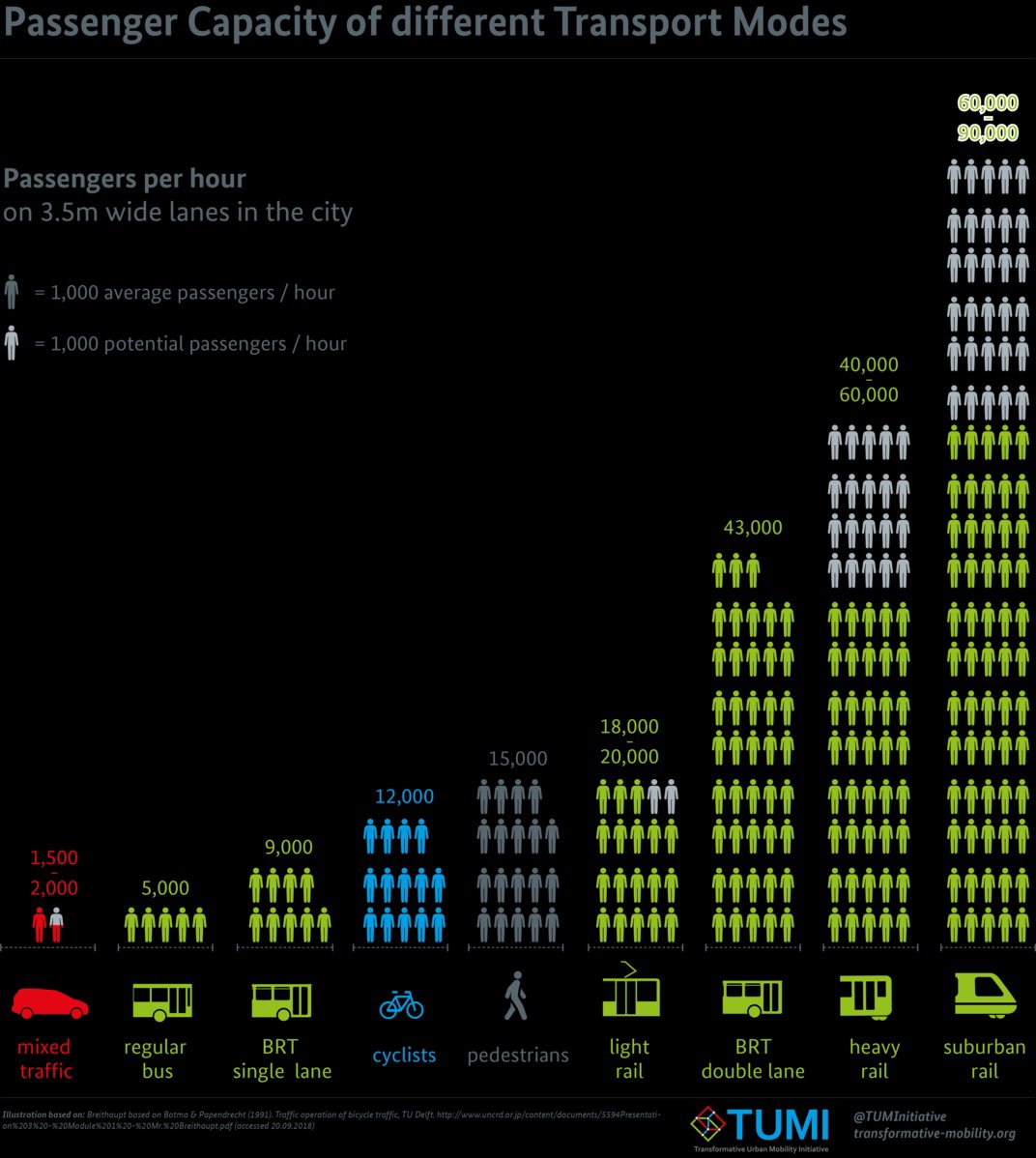view the rest of the comments
Fuck Cars
A place to discuss problems of car centric infrastructure or how it hurts us all. Let's explore the bad world of Cars!
Rules
1. Be Civil
You may not agree on ideas, but please do not be needlessly rude or insulting to other people in this community.
2. No hate speech
Don't discriminate or disparage people on the basis of sex, gender, race, ethnicity, nationality, religion, or sexuality.
3. Don't harass people
Don't follow people you disagree with into multiple threads or into PMs to insult, disparage, or otherwise attack them. And certainly don't doxx any non-public figures.
4. Stay on topic
This community is about cars, their externalities in society, car-dependency, and solutions to these.
5. No reposts
Do not repost content that has already been posted in this community.
Moderator discretion will be used to judge reports with regard to the above rules.
Posting Guidelines
In the absence of a flair system on lemmy yet, let’s try to make it easier to scan through posts by type in here by using tags:
- [meta] for discussions/suggestions about this community itself
- [article] for news articles
- [blog] for any blog-style content
- [video] for video resources
- [academic] for academic studies and sources
- [discussion] for text post questions, rants, and/or discussions
- [meme] for memes
- [image] for any non-meme images
- [misc] for anything that doesn’t fall cleanly into any of the other categories

Inefficient energy wise. Not timewise.
This visualization is space efficiency.
Obviously cars have terrible energy efficiency. The most efficient vehicle is a bicycle, since exercise is good for you it's arguably negative energy usage.
As for time efficiency, you have to consider car dependent development as a package. Everything spreads out, so overall there may not be an improvement in time efficiency, especially when you factor in the longer travel time of people not in cars. You could even consider the time spent working to pay for the car, or the time lost from people killed by the car, and I doubt cars would come out particularly time efficient then.
They're measuring how many people can pass through a fixed point in space in an hour, not how long it takes one person to get from point A to point B.
So not really time or energy, but quantity.
Or throughput, which is important in areas with congestion, like busy streets and highways.
And usage of space. And money, at least if you include all the externalities.
Depends on the city and the route. It takes me an hour to get to work by public transit, from my place to the office that's at the other end of the city. Google maps assures me it'd be longer if I drove, and knowing this city I definitely believe it.